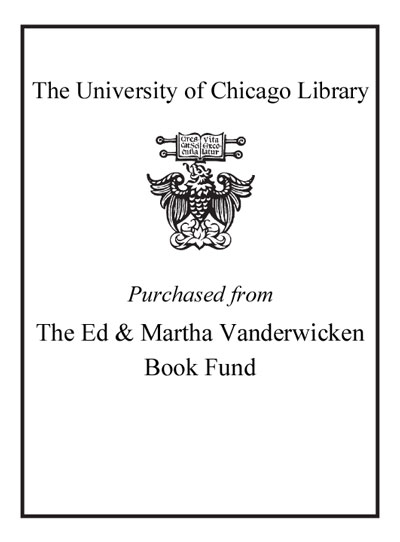Review by Booklist Review
A father and a son, both prolific writers, marketed themselves as ambassadors of exotic origins, reinforcing distorted perceptions of the Muslim world. Born in colonial India in 1894, Ikbal Ali Shah studied in Edinburgh and married a Scotswoman. Well-read, romantic, and ambitious, Ikbal realized that there was money to be made in books about the East, and published prose poems drawing on the mythologies of Babylonia, Assyria, and India. Later, taking advantage of Britain's dearth of insider expertise on Afghanistan, Ikbal would claim Afghan ancestry and write extensively on Afghan topics, despite having little personal experience of the region. His son Idries surrounded himself with sympathetic literary figures, including Doris Lessing and Robert Graves, and became one of the world's leading advocates for and romanticizers of Sufi mysticism. The father-son duo profited, financially and socially, from telling Westerners stories they wanted to hear about the East. Historian Green concludes his remarkable father-and-son biography by observing that recent history, including the rise of ISIS and the resurgence of the Taliban, shows that the illusions Ikbal and Idries perpetuated led to misunderstandings with disastrous consequences.
From Booklist, Copyright (c) American Library Association. Used with permission.
Review by Publisher's Weekly Review
UCLA historian Green debuts with a captivating biography of father and son literary fabulists Ikbal and Idries Shah. Born in 1894 into a wealthy Muslim family in colonial India and sent to Britain for his schooling, Ikbal eventually abandoned his studies, instead indulging his literary aspirations by publishing poetry. Capitalizing on British popular interest in the region due to ongoing conflict, he positioned himself as an expert on Afghanistan (he was descended from an Afghan chieftain), penning several guidebooks. He went on to fabricate many more bestselling travelogues for places he'd never visited, along the way inventing stories about Eastern mysticism. Idries followed in his father's footsteps, presenting himself as an authority on Sufism, though much of what he wrote on the topic was fanciful; he earned a devoted following in the 1960s, which included Doris Lessing. In a famous episode, Idries convinced classicist Robert Graves to translate a manuscript by the medieval mystic Omar Khayyam--purportedly a Shah family heirloom--that turned out to be fake. Green's finely wrought narrative presents father and son as, in some ways, boxed into their grift by the strictures of Britain's racist society and its Orientalist expectations; at the same time, the duo's genuine love of poetry and spiritualism is palpable. This nuanced and erudite account dives headfirst into the messy contradictions of life under British imperialism for colonial subjects. (July)
(c) Copyright PWxyz, LLC. All rights reserved
Review by Kirkus Book Review
A revealing study of two masters of self-invention, "invented by empire, then cultivated in the nostalgic soil of exile." In 1913, Ikbal Shah, the son of minor Indian nobility, traveled to Edinburgh, Scotland, to become, as historian Green writes, "entangled in the larger contests of empire and its unraveling." After treating wounded soldiers from the battlefields of World War I, he abandoned his plans to become a doctor and instead turned to writing. He married a Scottish woman and set to work crafting a literary and journalistic career that coincided with the postwar resurgence of Scottish nationalism, which admitted other nationalisms, as well. According to one journalist, Shah was "an Eastern poet [who] dreams of his Motherland and voices in English the visions of his people." His people were, it happens, largely invented: For one thing, he positioned himself as an expert on Afghan Sufis, "whom he had actually never encountered," while claiming himself to be an Afghan nobleman. Moreover, he articulated a Sufism that was detached from Islam, a stance that his son, the better-known writer Idries Shah, broadened. Idries took numerous wandering side paths before positioning himself, like his father, as an authority on Sufism, and he wrote extensively on witchcraft and magic under various names. Both father and son traveled in rarefied literary circles featuring the likes of George Orwell, Doris Lessing, and Robert Graves, but Idries was less shy about creating whole-cloth identities. Though he was exposed several times for charlatan acts, he managed to retain his Gurdjieff-like allure among the metaphysically inclined. Green concludes by noting the modern Near East's descent into religion-tinged wars, in which "happy talk of dervishes dissolved in the dust of explosions" and the fictive works of the Shahs were suddenly no longer relevant. A solid, eminently readable work of scholarly detection and high-toned chicanery. Copyright (c) Kirkus Reviews, used with permission.
Copyright (c) Kirkus Reviews, used with permission.
Review by Booklist Review
Review by Publisher's Weekly Review
Review by Kirkus Book Review

